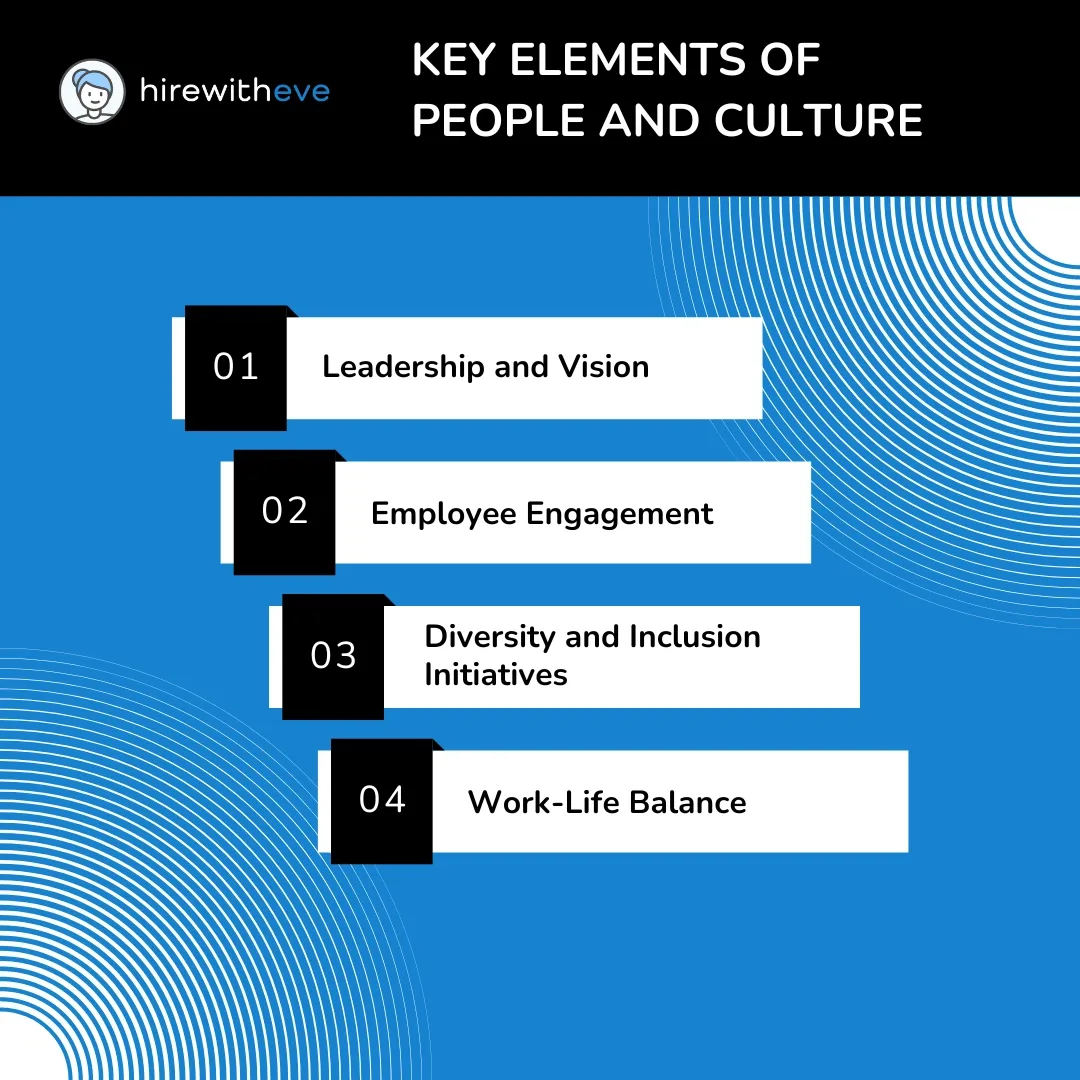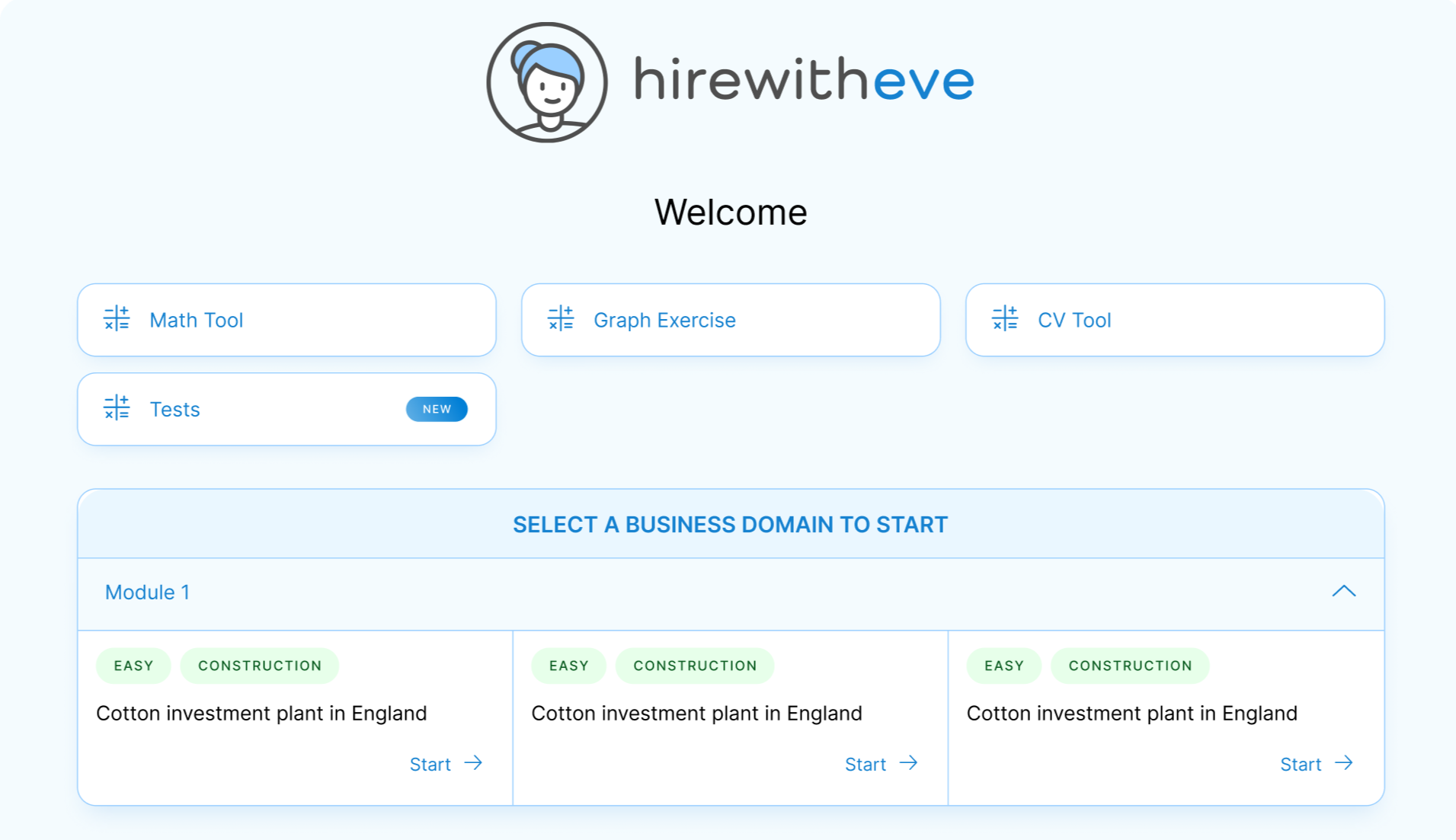What Is People and Culture? A New Buzzword

In recent years, the term People and Culture has become a buzzword in the world of talent acquisition and HR. Once a more traditional field dominated by compliance and policy enforcement, HR is shifting towards a more human-centric approach where company culture and employee experience take center stage. But what exactly does People and Culture mean, and why has it become so important?
This blog aims to break down what People and Culture represent, how it's shaping modern workplaces, and what talent acquisition specialists and HR managers need to know about this trend. By understanding this buzzword, HR leaders can foster stronger engagement, retention, and overall company success.
Table of contents
What Does People and Culture Mean?
The phrase People and Culture signifies a shift from traditional human resources management to a more holistic view of the workplace. It emphasizes the importance of employees (the people) and the shared values, practices, and goals that make up the organization's environment (the culture).
In today’s competitive talent market, focusing on People and Culture means building an inclusive, dynamic, and positive work environment that attracts and retains top talent. It also encompasses how companies treat their employees, the values they promote, and how they create a sense of belonging for everyone.
This shift highlights the idea that employees are more than just resources — they are the core of an organization's success.
Key Aspects of People and Culture:
Employee Experience: The daily experiences of workers, from onboarding to development and career progression.
Workplace Culture: The shared values, practices, and behaviors that shape the work environment.
Diversity and Inclusion: A commitment to creating a workplace where all individuals feel respected and valued.
Engagement and Retention: Ensuring that employees are motivated, engaged, and have long-term career growth opportunities.
The Rise of People and Culture in HR
In the past, HR departments focused heavily on administration, compliance, and processes. While these tasks are still critical, the focus has expanded to include People and Culture as businesses realize the impact a strong workplace culture can have on overall performance.
There has been a growing body of research that suggests a direct correlation between People and Culture initiatives and improved business outcomes. A company that invests in its people and fosters a positive culture can see higher employee satisfaction, reduced turnover, and even better financial performance.
This trend has been further accelerated by the rise of remote work, where maintaining company culture across digital spaces has become more important than ever.
Why Have People and Culture Become Important?
Talent Retention: Companies with strong People and Culture tend to retain talent better.
Innovation: A healthy workplace culture fosters creativity and innovation by encouraging employees to bring their best ideas forward.
Diversity and Inclusion: Embracing People and Culture means creating an environment where diverse perspectives are valued.
Remote Work: In remote and hybrid work environments, maintaining a cohesive culture is essential to keeping teams connected and motivated.
Key Elements of People and Culture

Leadership and Vision
A company’s leadership plays a critical role in shaping its People and Culture. Leaders set the tone for the organization by modeling the values and behaviors that define the workplace. Strong leadership can inspire teams to align their goals with the company’s mission.
Employee Engagement
A key part of People and Culture is ensuring that employees feel connected and engaged. Employee engagement involves creating an environment where individuals feel heard, valued, and empowered to contribute to the company’s success.
Diversity and Inclusion Initiatives
Companies that prioritize diversity and inclusion as part of their People and Culture strategy benefit from different perspectives, which can drive innovation and better decision-making. It's not just about hiring diverse talent but also ensuring they thrive within the company's culture.
Work-Life Balance
Another important element of People and Culture is promoting work-life balance. Companies that encourage a healthy balance between work and personal life create a positive environment that helps reduce burnout and increase overall satisfaction.
Survey Insights: How People and Culture Are Shaping Workplaces
To better understand the impact of People and Culture, a recent survey conducted by PwC found that companies with a strong emphasis on workplace culture saw a 30% reduction in employee turnover. Additionally, 88% of employees who felt that their company had a positive People and Culture reported higher levels of job satisfaction and were more likely to stay with their organization long-term.
This survey also highlighted that businesses that prioritize diversity, equity, and inclusion as part of their People and Culture initiatives were more successful at attracting top talent, especially in today’s remote work landscape. The data demonstrates that investing in People and Culture isn’t just about employee well-being — it’s a business strategy that delivers tangible results.
Conclusion
At the heart of any successful People and Culture strategy is the ability to attract, engage, and retain the right talent. HirewithEve is uniquely positioned to help talent acquisition specialists and HR managers achieve this goal by providing tools that align with the core principles of People and Culture.
HirewithEve offers several features that support building and sustaining a strong People and Culture:
Skills-Based Hiring: By focusing on the actual skills required for a role, rather than just resumes or job titles, HirewithEve ensures that the right people are matched with the right positions, fostering an inclusive and capable workforce.
Diversity and Inclusion Focus: HirewithEve's platform enables companies to structure their hiring processes to ensure diverse candidates are considered and included, directly supporting the goals of People and Culture.
Remote Hiring Tools: In a world where remote work is the new normal, HirewithEve provides the necessary technology to maintain a cohesive workplace culture, even when teams are distributed globally.
By leveraging the key features of HirewithEve, organizations can cultivate a strong People and Culture that not only enhances employee experience but also drives long-term business success.
Target Your Talent
Unlock tailored solutions for your recruitment and hiring needs with Eve Platform's extensive case study library.
Subscribe now to enhance your HR expertise and excel in your role.
Free Resources

Transforming Hiring: 7 Key Recruiting Metrics
Enhancing recruitment processes with data-driven insights for better hiring outcomes.

Reducing Hiring Bias with Hirewitheve.
Utilizing Hirewitheve to combat bias and streamline recruitment processes effectively.

Hiring Detail-Oriented Candidates
HirewithEve enhances hiring by accurately assessing candidate's attention to detail-oriented.








